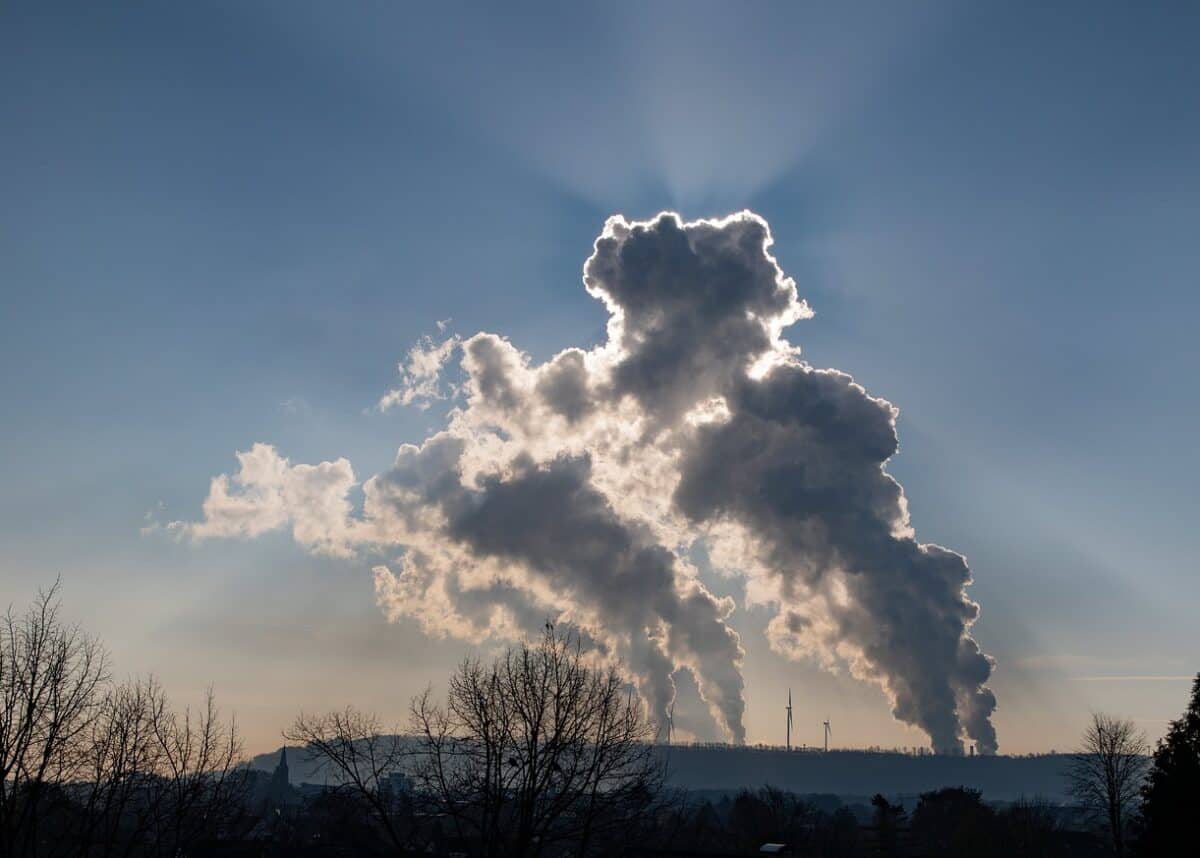Every part of Government will need to take urgent action to bring down emissions, New Zealand’s Minister for Climate Change, James Shaw said yesterday (Tuesday) in response to the recent rise in the nation’s greenhouse gas emissions.
The latest annual inventory of New Zealand’s emissions shows that both gross and net emissions increased by two percent in the 12 months from the end of 2018.
“Whilst we can see from this report that we are acting in the right areas, it also shows we need to step up our response. The time for delay is over,” Shaw said.
Doesn’t show impact of recent measures
The Greenhouse Gas Inventory released by the Ministry for the Environment is the official annual estimate of greenhouse gas emissions and removals in New Zealand since 1990. The report released on Tuesday includes emissions estimates up to the end of 2019.
Shaw emphasised that it therefore doesn’t show the impact of measures introduced in 2020 and 2021.
These include the clean car standard; a ban on coal-fired boilers; putting a cap on the Emissions Trading Scheme (meaning emissions must fall every year); replacing coal-fired boilers in schools and hospitals; and investing in new rail, buses, cycle-ways and walking infrastructure.
“Whereas the period from 2018 to 2019 has taken us further away from meeting the targets we committed to in law, on average New Zealand’s emissions have remained flat for the last 15 years,” the Minister stated.
All parts of Government must come together
“What this makes absolutely clear is that every part of Government must now come together and help to deliver an Emissions Reduction Plan in line with what the Climate Change Commission recommends.
“If we can do that, then we can reverse the current trend and finally bring emissions down in line with what the science requires. That plan will need to cover every part of the economy – including, but not limited to, finance, energy, transport and agriculture.”
The increase in New Zealand emissions in 2018 are mainly due to discharge increases in manufacturing industries and construction, public electricity and heat production.
Shaw said he believed the fact that emissions increased in these sectors shows the Government was right last week to announce a ban on new coal-fired boilers and plans to phase-out existing coal-fired boilers by 2037, as well as transitioning away from the use of other fossil fuels.












